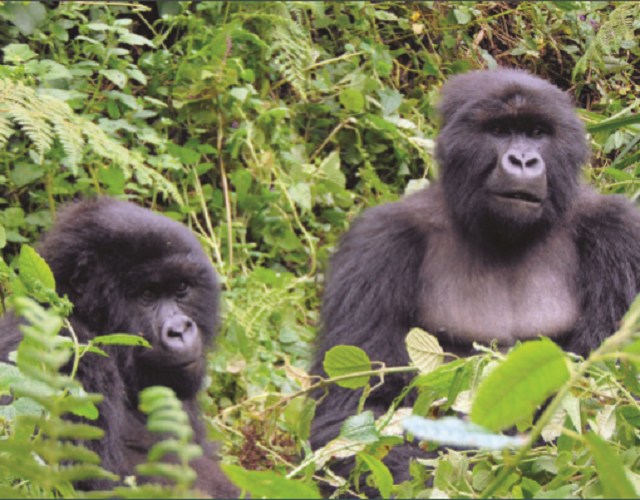
UN biodiversity meet wraps up, report due Monday
Paris, France | AFP | Diplomats and scientists from 132 nations wrapped up six days of negotiations in Paris Saturday over the wording of a landmark report on the dire state of Nature and its impact on humanity, a UN official told AFP.
The bombshell executive summary of a 1,800-page tome crafted by more than 400 experts — the first UN global assessment of the natural world in 15 years — will be unveiled Monday.
Drafts of both documents obtained by AFP leave no doubt that the final Summary for Policymakers will paint a picture of widespread destruction wrought by man, some of it irreparable.
The report is likely to reveal that up to one million of Earth’s estimated eight million species face extinction, many within decades.
Many scientists have concluded that the planet has already entered a period of so-called “mass extinction,” the first since the demise of non-avian dinosaurs 66 million years ago, and only the sixth in half-a-billion years.
The draft reports also details the ways in which humanity’s growing footprint and appetites have deeply compromised Earth’s capacity to renew resources upon which civilisation depends, beginning with fresh water, breathable air, productive soil and the natural pollination of food crops.
“The evidence is incontestable,” Robert Watson, chair of the chair of the Intergovernmental Science-Policy Platform on Biodiversity and Ecosystem Services (IPBES), told delegates as the meeting got underway.
“Our destruction of biodiversity and ecosystem services has reached levels that threaten our well-being at least as much as human-induced climate change.”
The heavily negotiated text does not make explicit policy recommendations, but will serve “as a basis for redefining our objectives” ahead of a key meeting of the UN Convention on Biological Diversity in China next Fall, said co-author Yunne Jai Shin, a researcher at the Research Institute for Development in Marseilles.
 The Independent Uganda: You get the Truth we Pay the Price
The Independent Uganda: You get the Truth we Pay the Price





